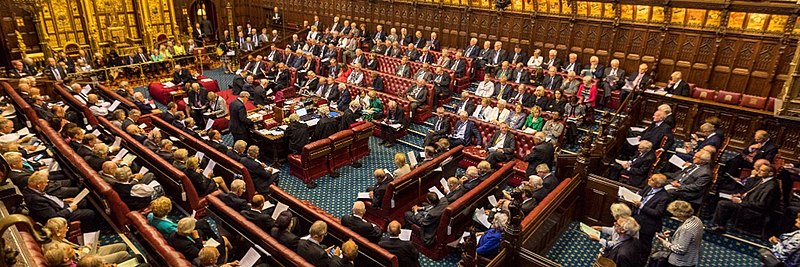20 January 2020 | UK NEWS
The Government’s Withdrawal Agreement Bill to implement Brexit in UK law by the end of the month has suffered its first defeat in the House of Lords, as some had expected. This means the Bill will now have to return to the House of Commons this week, where the Lords amendment is expected to be comfortably defeated.
The motion, which was tabled by a cross-bench group of Peers, sought to amend the Bill to require the Government to provide EU citizens who choose to stay after Britain leaves the EU with physical evidence of their right to reside. The Government’s own proposal is that this should only be done digitally. Lord Oates of the Liberal Democrats had argued that a lack of physical documents would leave EU citizens “severely disadvantaged” in their dealings with e.g. landlords or employers.
There is a large Lib Dem presence in the current composition of the House of Lords, and the Conservative Party is far short of having a majority. As such, the motion was passed by 270 votes to 229, giving a majority of 41. Lord Oates has denied that the move was an attempt to “frustrate” the legislation, although some have doubted the veracity of this claim.
Responding for the Government, Home Office Minister Baroness Williams of Trafford said: “The Government is adamant that we must avoid the situation where, years down the line, EU citizens who have built their lives here find themselves struggling to prove their rights and entitlements in the UK.” She also warned that physical documents could be at risk of loss or theft, unlike their digital counterparts.
Further concerns raised by Peers today included provisions within the Bill to enable the Government to deploy executive powers, or so-called “Henry VII powers”, to alter primary legislation. The Government has argued previously that this may be a requirement in order to make any necessary harmonising changes to UK law. However, Opposition spokesman Baroness Hayter of Kentish Town said: “It’s not just unusual for the Government to have that power, with only the most cursory of scrutiny, to amend primary legislation, but it is also unexplained.”
We will bring you further updates on the progress of the Withdrawal Agreement Bill through Parliament as they develop.






















